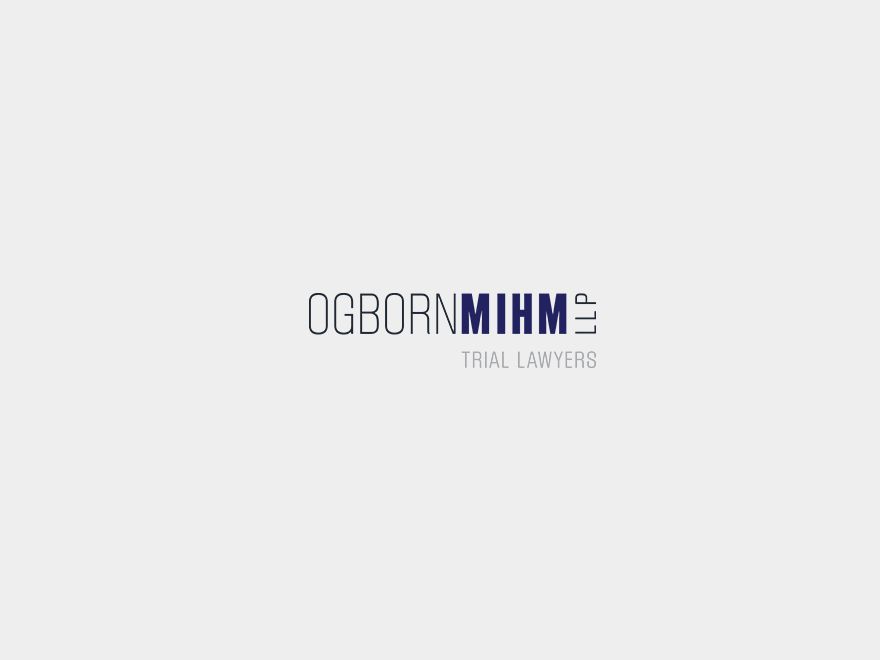Sarbanes Oxley Act
In an attempt to restore trust in financial markets following the collapse of Enron Corporation, Congress enacted the Sarbanes-Oxley Act in 2002. It’s considered one of the most important whistleblower protection laws due to its diverse administrative, criminal and civil provisions. The Sarbanes-Oxley Act contains significant protections for whistleblowers to ensure that employees can safely disclose information that may harm investors, especially fraud. Modeled on whistleblower laws administered by the U.S. Department of Labor and the Whistleblower Protection Act, these protections are not limited to wrongfully discharged employees. It includes additional requirements to create a more encompassing protection network. It also gives more responsibility to corporations for managing complaints internally.
Retaliation
SOX prohibits a publicly traded company, or any contractor or agent of such company, from retaliating against an employee who blows the whistle on what she reasonably believes to be a violation of statutes prohibiting mail fraud, wire fraud, bank fraud, or securities fraud, any rule or regulation of the Securities and Exchange Commission, or any provision of Federal law relating to fraud against shareholders. . Any complaints must be filed with OSHA within 180 days of the violation or discovery of the violation.
After filing, complaints are investigated by the Occupational Safety and Health Administration (OSHA). They eventually issue a final determination that may be appealed for de novo review before an ALJ. The ALJ’s determination may then be appealed to the Administrative Review Board (ARB). Additionally, the “kick-out” provision of SOX allows for a proceeding to be moved to Federal District Court when it has been pending for more than 180 days with OSHA without a determination, and neither the plaintiff nor their counsel has acted in bad faith.
Prevailing employees in a SOX action are entitled to reinstatement and back pay as well as attorney’s fees and costs.







